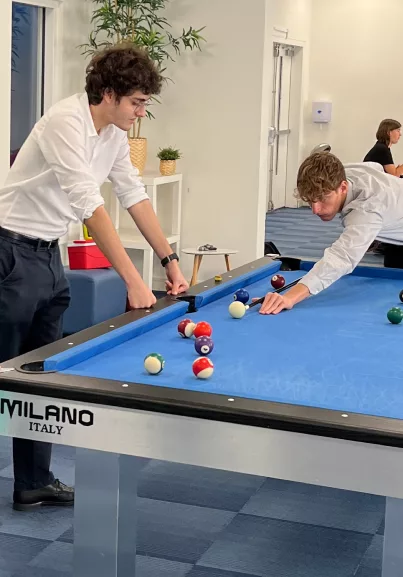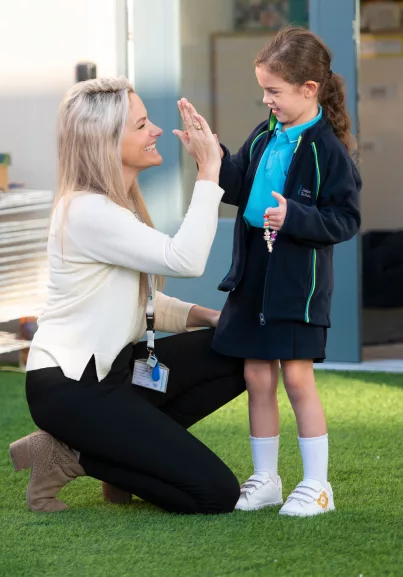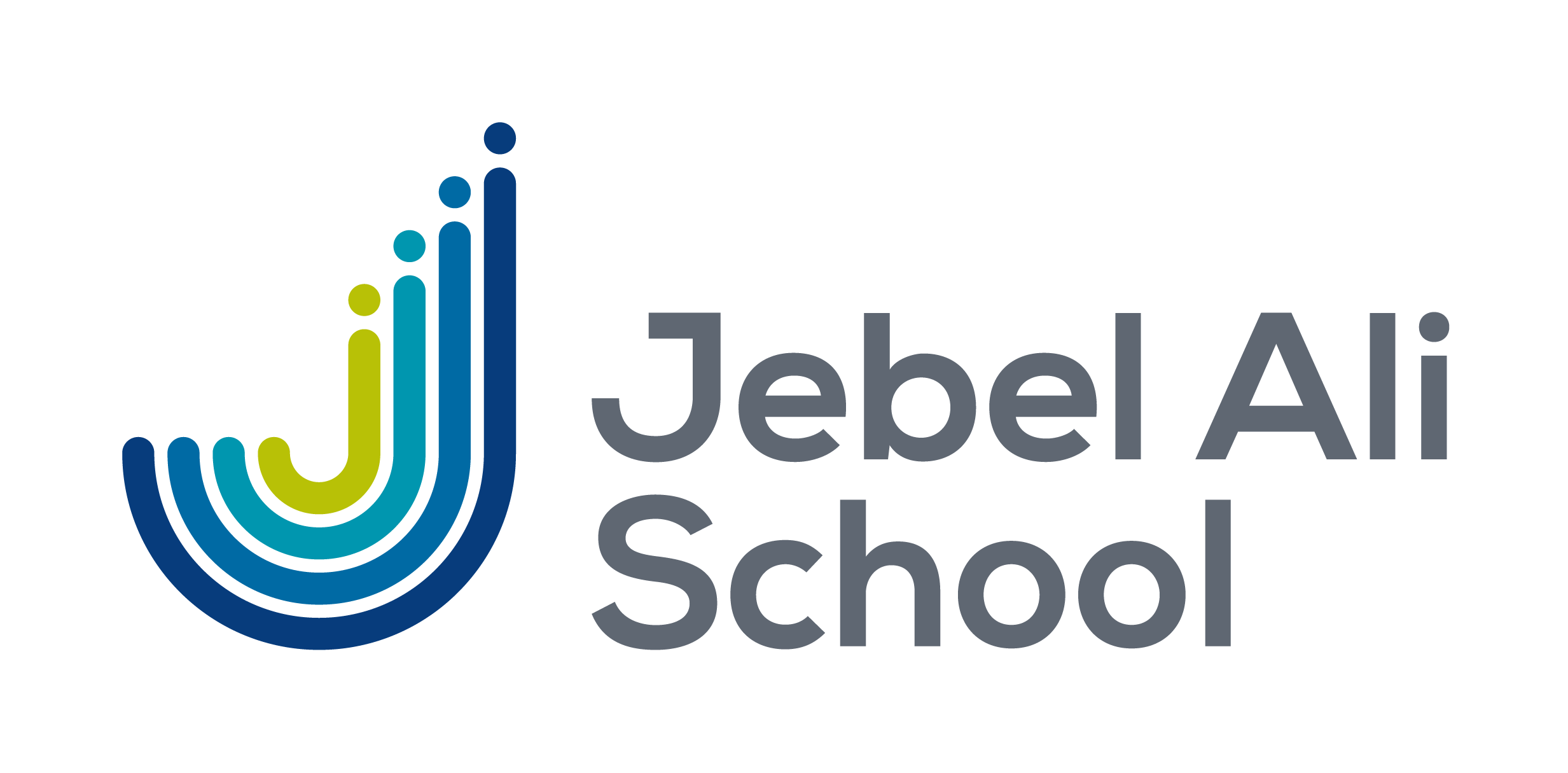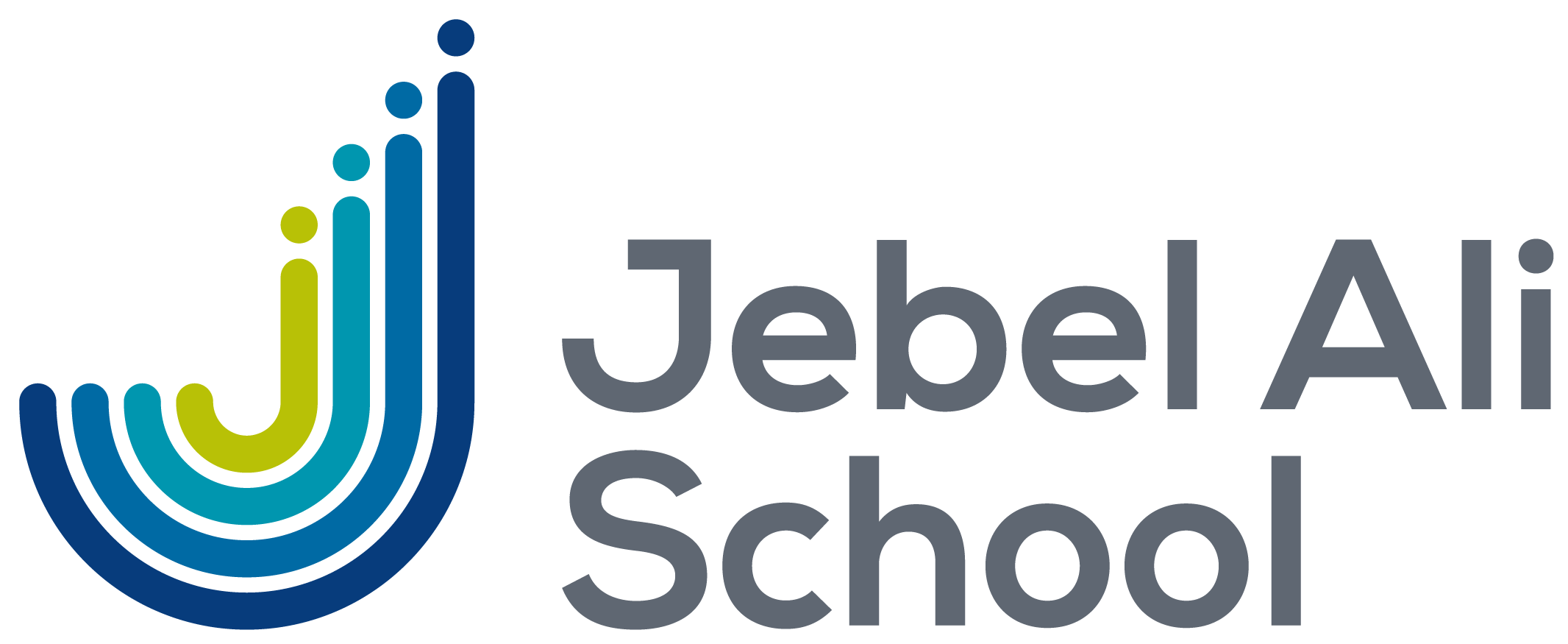Curriculum
Examination Results
CREATIVE & PERFORMING ARTS
WELLBEING
INCLUSION
Curriculum
Examination Results
PERFORMING ARTS
WELLBEING
INCLUSION
UNDERPINNING
OUR VISION
Our bespoke curriculum, based within the National Curriculums of England and Wales, is tailored to embrace our international community and the ethos, culture, and traditions of the UAE.
From the Foundation Stage, through Primary and Secondary our skills-based curriculum teaches knowledge, develops understanding, and crucially promotes the ability to think critically, work collaboratively and communicate effectively. Our 6C model of learning, based within the research of Professor Guy Claxton and The Learning Power approach, ultimately prepares students for a wide range of subject choices and formal qualifications, GCSEs, A-level and BTEC courses, before students enter globally recognised universities and the world of work.
From Foundation Stage onwards our curriculum embraces technology allowing access to cutting-edge technology options that enhances learning experiences and prepares students for a digital future, whilst understanding the power of, pride in, and importance of a traditional approach to classroom learning.
At Jebel Ali School, our promise is to deliver the highest-quality British education, supported by a quality first teaching approach from a committed, experienced and qualified academic team that nurtures your children’s skills, knowledge, and values throughout their journey with us.


foundation STAGE
WELCOME TO FOUNDATION STAGE
Curiosity is the door to learning and as our Foundation Stage children unfold, they crave consistency, compassion and belonging in a community that dares them to dream. Our amazing teachers align what your child feels and knows and provides a safe space to put it all into practice. At Jebel Ali School, your pre-school child’s possibilities are endless.
PRIMARY
WELCOME TO PRIMARY
Our Primary years are forward looking, forward thinking, and dedicated to nurturing, inspiring and empowering every student to be the very best version of themselves. We’re fun and quirky, elite but not elitist, inventive, and artistic, and welcoming to everyone regardless of where they come from.
SECONDARY
WELCOME TO SECONDARY
Our Secondary school years are packed with opportunities for children to live lives of impact and purpose and form strong social and educational foundations. Students discover the joy of learning in collaborative, nurturing classrooms where just occasionally, imagination is given a chance to trump knowledge.
SIXTH FORM
WELCOME TO SIXTH FORM
Sixth Form students at JAS do more than learn what others have already discovered. We challenge our spirited and inquisitive young adults to move beyond the familiar, the comfortable, and the easy. We show them that their endeavours matter and dare them to become thinkers and leaders who are unafraid to pursue unpredicted lines of thinking. And we present them with opportunities to jump into the thick of things and take risks.
Next Steps
Join the
JAS family
We invite you to visit us, and experience for yourself what makes Jebel Ali School such a special place to be.
Our highly experienced Admissions Team is on hand to discuss and answer any questions or queries. Our admissions process begins with the completion of an online enquiry, an invitation to a school tour with our Academic Team followed by a formal application.
We look forward to welcoming you.

BOOK A TOUR




